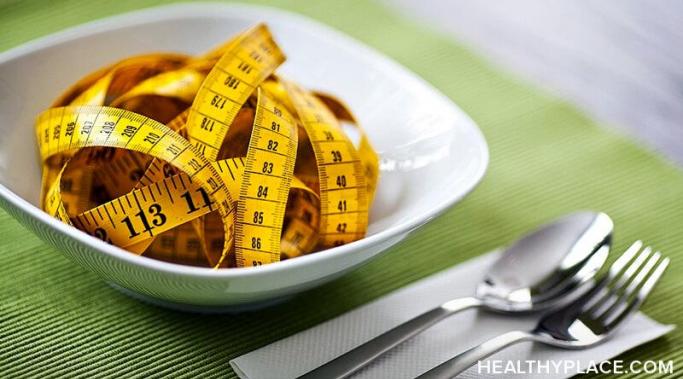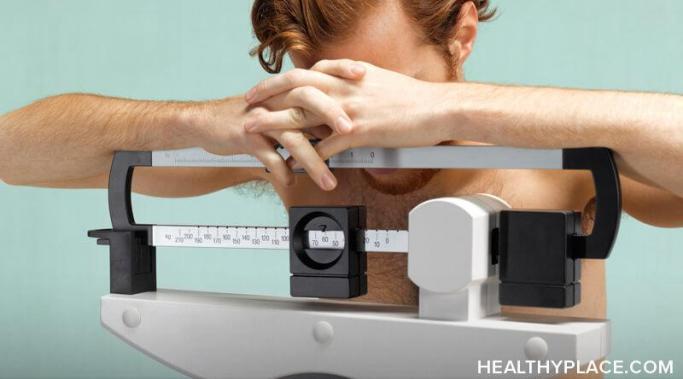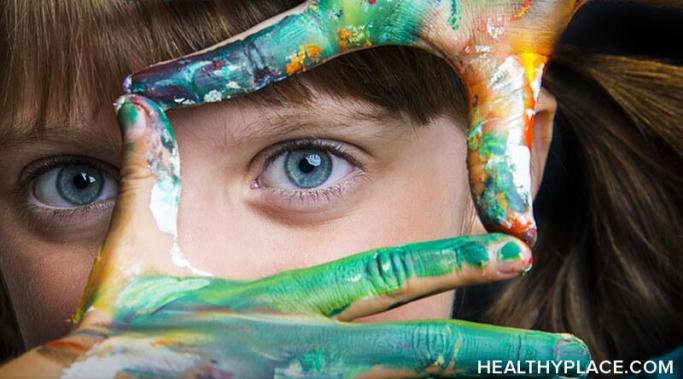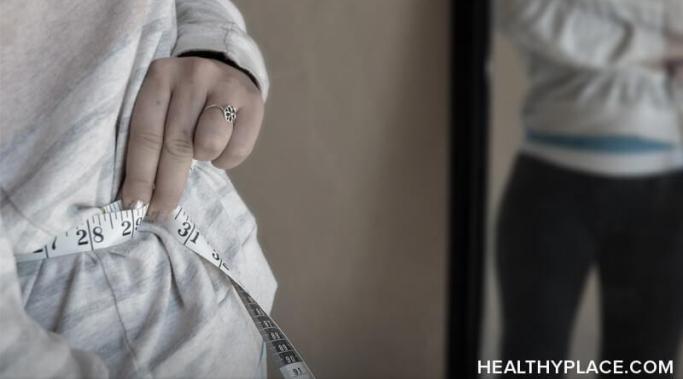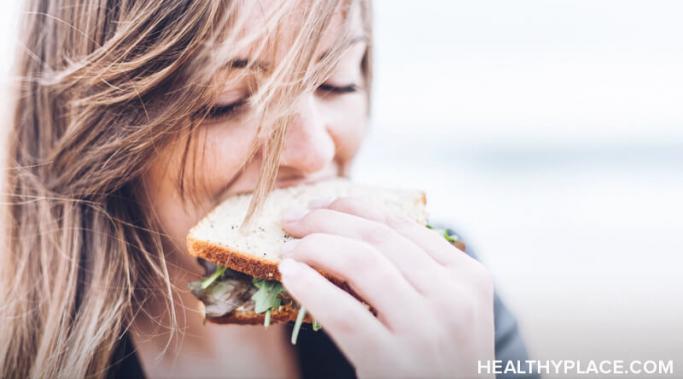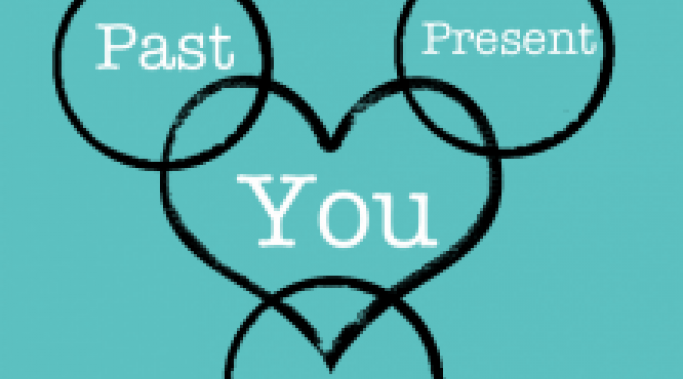Feeling your emotions in eating disorder recovery can be unsettling at first. Eating disorders strive to brush uncomfortable emotions aside—to ignore the tension and medicate the suffering—but deep-rooted anger, insecurity, fear, grief, loneliness, rejection or similar emotions must be named and felt in order to achieve sustainable eating disorder recovery. Instead of masking the pain with harmful behaviors, it's crucial to acknowledge, identify, express and feel your emotions. This practice of tuning into your own emotionality creates space for self-awareness, compassion, acceptance and, ultimately, healing.
Anxiety and Eating Disorders
We need eating disorder recovery tips for the holidays because, despite its festive spirit and upbeat mood, this can be a stressful time of year. The tension becomes even more palpable for those in recovery from an eating disorder. Between complex family dynamics, hectic scheduling demands and increased financial commitments, this season often feels more nerve-racking than relaxing. But with the added pressure of an eating disorder, one facet tends to cause more anxiety than all the others combined—food. Since the holidays center around cooking, baking and sharing meals, this can present a serious obstacle for those healing their relationship with food. Therefore, it's crucial to prioritize eating disorder recovery tips for the holidays over these next two months.
Eating disorders not otherwise specified (EDNOS) are frequently stigmatized and misunderstood in mainstream culture, like most forms of mental illness. Many who lack firsthand experience tend to label eating disorders as a rich and thin white woman’s issue, but the reality is that eating disorders affect people of all backgrounds and demographics. They transcend racial, gender, and socioeconomic barriers. They are diverse and non-discriminating. In other words, anyone can be an eating disorder sufferer, even those who don’t “fit the mold.” And that’s one reason eating disorders, especially EDNOS, are so dangerous—they're often a challenge to detect.
Eating disorder recovery is filled with realizations; some are happy finds and some are painful ones. But we need both types of realizations to accept our imperfection and move forward in it. For over a year now, I’ve been committed to writing the Surviving ED blog for this community. I’ve loved it and it’s time for me to say goodbye. But I'm not leaving without passing on a firecracker of my most stunning realizations in eating disorder recovery.
Are the effects of trauma tempting you to withdraw into your eating disorder? Are you all too familiar with that bone-deep torment, roused by memories you didn’t choose to recall but might never forget? Can you feel the aftershocks surging through your body, invading the corners of your mind? Do you numb out from the world, from the pain, from yourself? Have your methods of coping turned into behaviors that you can no longer control? Did you know this struggle involving trauma and an eating disorder is not yours to fight alone?
Do you know the relationship between eating disorders and body dysmorphia? I remember the first time I stood in front of a mirror, scrutinizing every square-inch of my reflection. My thighs were not lean enough. My arms lacked definition. My stomach looked bloated underneath my shirt. My face registered the deep, gut-level disappointment I felt about my entire appearance. If I could just tweak those “problem areas”—shed a pound here, tone a muscle there—surely the mirror and I would become friends, or start tolerating each other at least. During the most critical and self-deprecating phases of my eating disorder, I had no idea this mirror-image was not reality, but a false representation of my distorted beliefs. I had never heard the term “body dysmorphia” or that it affects an estimated one in 50 people.1 Moreover, I did not make the connection I was one of those people, but eating disorders and body dysmorphia often go together.
Eating disorders can affect the way we view sex and sexuality. They whittle down more than what our bodies look like. They destroy our sense of self, our relationships, and take a toll on our emotional, spiritual, and psychological wellbeing. When I began my recovery in the hospital, the group decided to have a conversation about sex. What I learned was fascinating and solidified that eating disorders affect our sex lives.
In the last six years since the start of my eating disorder recovery, I've been pretty diligent in trying to make an effort not to skip meals along with the inevitable emotions that will surface at times when I interact with food. However, lately with the stress of an active lifestyle, I have found it harder to remember to enjoy and relax while eating, as it feels like it takes away time from other important things. Realizing that this could lead to falling into old patterns, I recently decided to take a mindfulness workshop whose topic was the art of eating with a clear mind, three times a day.
As a mental health advocate, I would like to share with you how it has been important to me to engage in conversations with other like-minded individuals suffering from a mental illness, and, in turn, share with them some of my own experience in battling my eating disorder, bulimia. I do not think it would have been possible to maintain my eating disorder recovery for a few years by now, without having shared some of my struggles with other people who could relate to my journey simply because they have had to cope with their own issues when it comes to mental health.
Not a day goes by without me feeling grateful about being able to share with you on this blog my lived experience with an eating disorder. The concept of giving back to others who stand where I once stood makes me very happy and truly helps me maintain my recovery.

